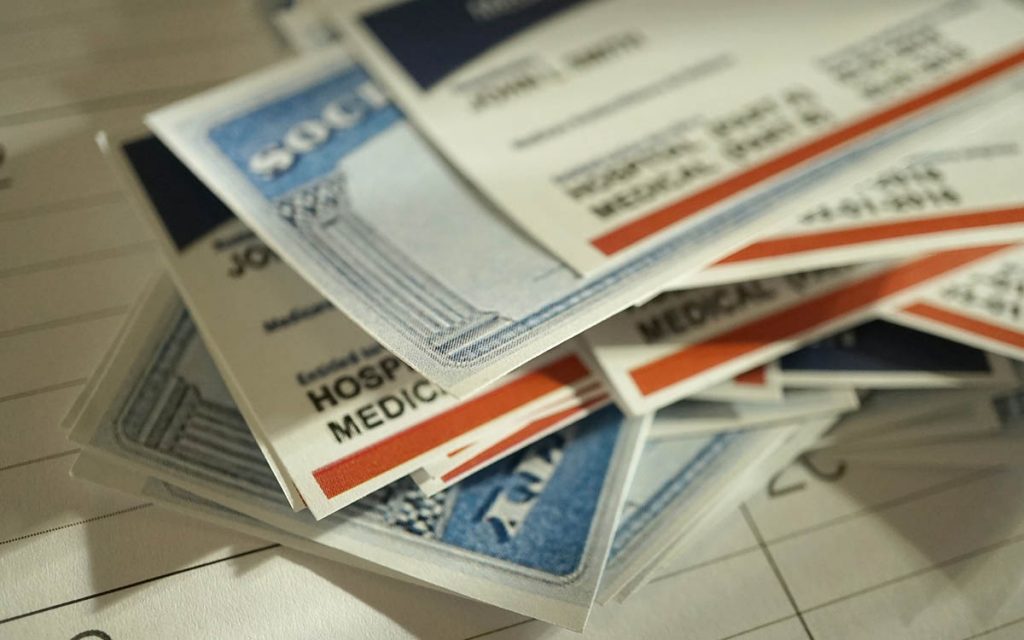Giselle is getting fitted for her brand new hearing aids. She’s excited, and she’s looking forward to listening to all the world has to offer. But she’s got some questions about the billing. In her mind, her hearing aids are essential for her day to day life, no different than a pair of glasses. But her Medicare (which has relatively generous coverage) won’t chip in for her hearing aids. And that doesn’t seem right to Giselle.
Hearing aids are an essential part of your overall healthcare. Doctors, researchers, and hearing specialists all seem to confirm that treating hearing loss can diminish risks for larger issues–such as depression, anxiety, or dementia–in the long run. Yet, the federal government has been slow to recognize this medical reality. Thankfully, that seems to be changing.
Medicare and Hearing Aids Today
So here’s where things sit now. The US House Ways and Means Committee has recently progressed a bill, the Medicare Hearing Act of 2019, that would improve coverage for Medicare patients. The passage of this bill into law would mean that you’d often be able to use Medicare to help you purchase your hearing aids. Approval by the House Ways and Means Committee is the first step, so it’s unclear as to when this bill might actually become law in the near future.
So where will that leave you today if you go into your hearing specialist’s office and want to purchase some hearing aids? It depends on:
- Your coverage plan
- What state you live in
- Your specialist
- And possibly your income level
And, of course, that’s just the tip of the iceberg. There are so many variables when it comes to figuring out how your insurance and your hearing aid provider may interact and intersect (it’s one of the reasons to be excited about the laws changing–it would simplify a lot).
Changes on a Smaller Scale
Thankfully, the federal government isn’t the only place where attitudes towards hearing aids are changing. Both states and private insurance companies are making moves to be more inclusive of hearing aid-related charges.
Recently Maine enacted a law that makes two big changes to medical insurance for hearing aids:
- Private Insurance: First, the new law forces private insurance companies to cover the costs involved with hearing aids. The idea is that no matter what type of plan you have, that coverage will apply (in some way) to your hearing aids. Of course, how that coverage applies will vary from person to person.
- Medicaid Requirement: Second, the new law increased coverage in Maine’s Medicaid system. So, more people on Medicaid will (in theory) be eligible for hearing aid coverage. (Just a reminder that Medicaid and Medicare are two separate programs.)
Maine’s not the only state to sign these requirements into law. New Hampshire, Arkansas, Rhode Island, and Illinois all have similar laws on the books. Most of these laws have been updated in the last few years–which means that there’s lately been momentum building for positive change.
Double-Check Your Insurance: They May Cover Hearing Aids
Whether you think your insurance covers your hearing aids or not, it’s definitely worth taking a little time to double-check. We know that doesn’t exactly sound like a super fun time (it’s not something you’ll look forward to doing–we get it).
But the reality is that insurance can make a difference when it comes to the kinds of hearing aids available to you. So knowing what’s covered (and what isn’t) will help you plan, prepare, and procure the best set of hearing aids possible.
Most hearing specialists would be happy to do it for you.
Part of Your Health Plan
That said, insurance is complicated. And things are always changing. Today, Medicare doesn’t cover hearing aids. But more private insurance companies are getting proactive–and seeing hearing aid coverage as a way to really add some value for their customers. And that’s a win-win for everybody.
Hearing aids are an essential part of your health. Thankfully, more and more insurance carriers–public and private–are starting to actually act like it.
Don’t Forget This One Thing
If you find your insurance doesn’t cover hearing aids, you may still be able to finance them through the hearing specialist. Many specialists also offer lower-cost options. Just ask.
